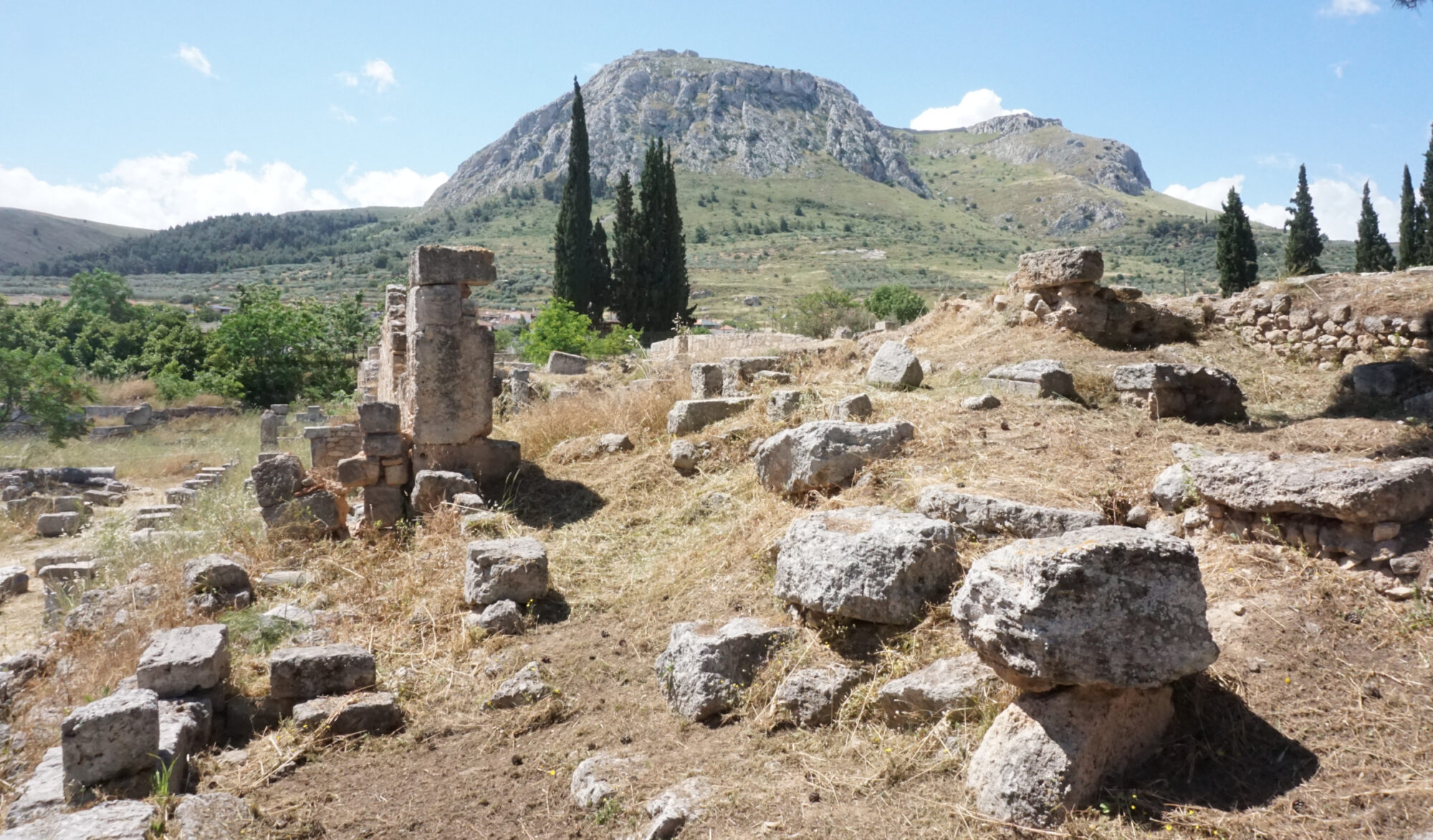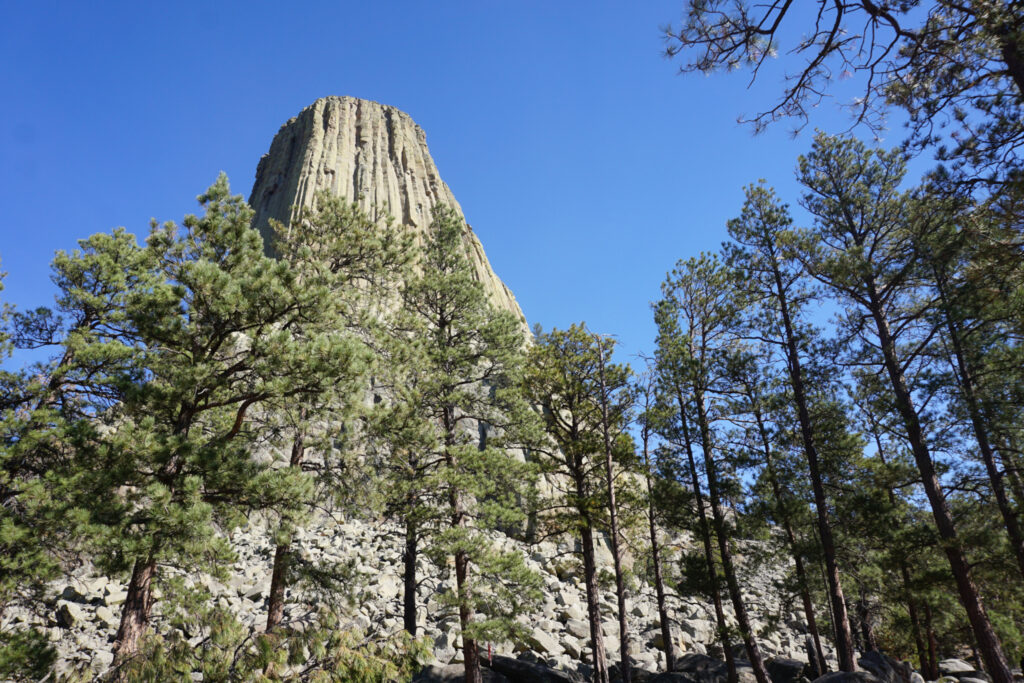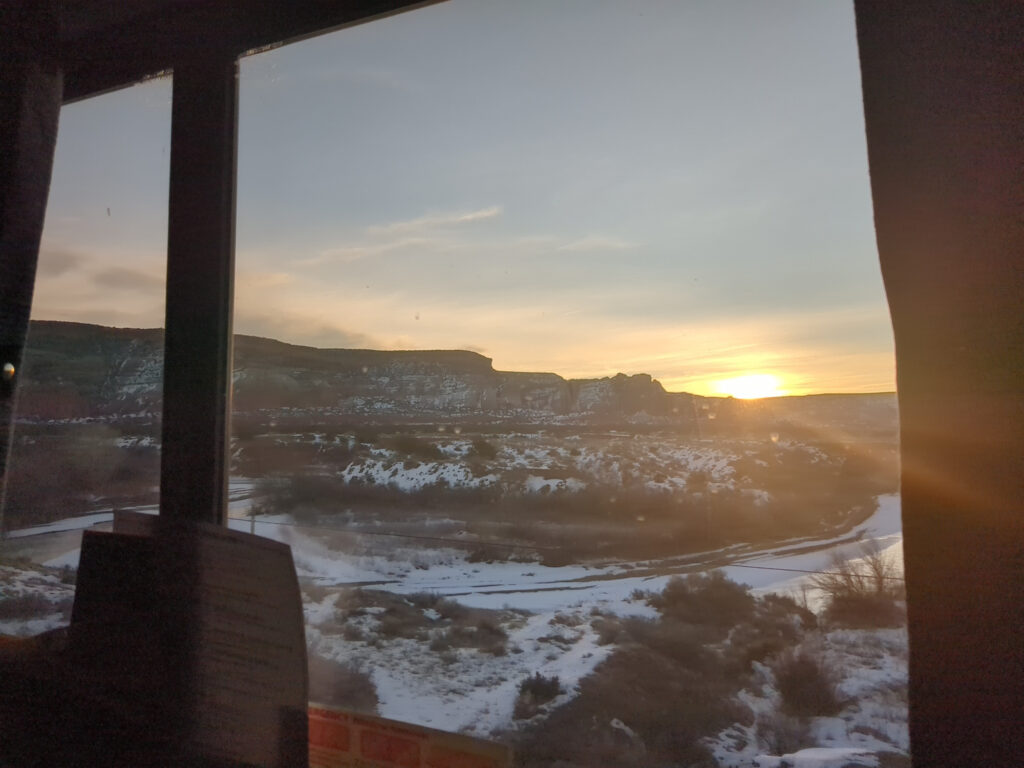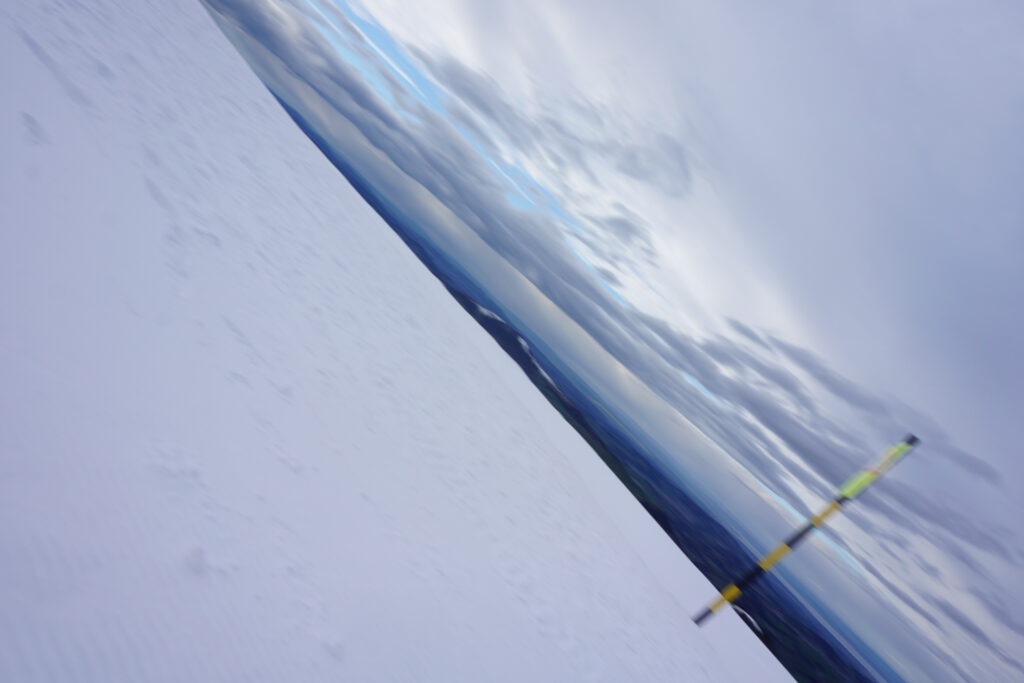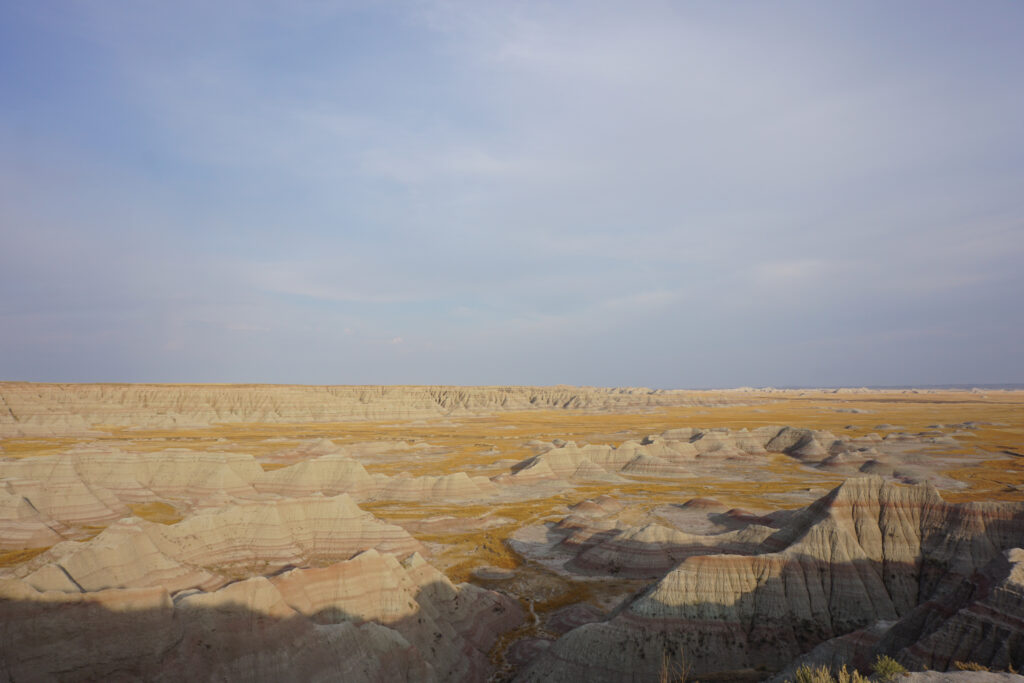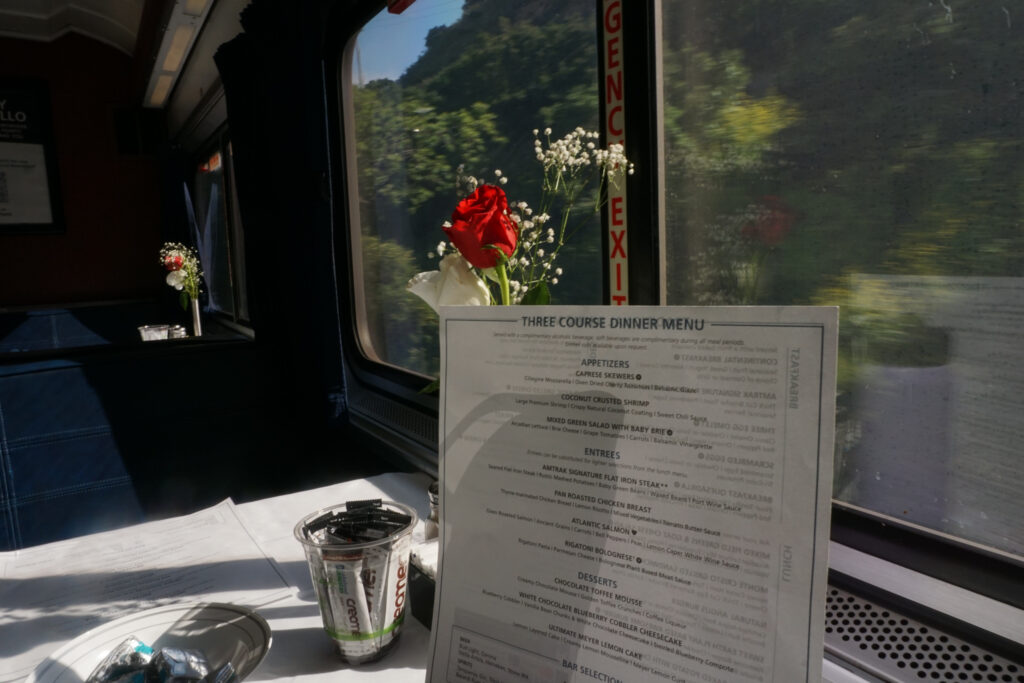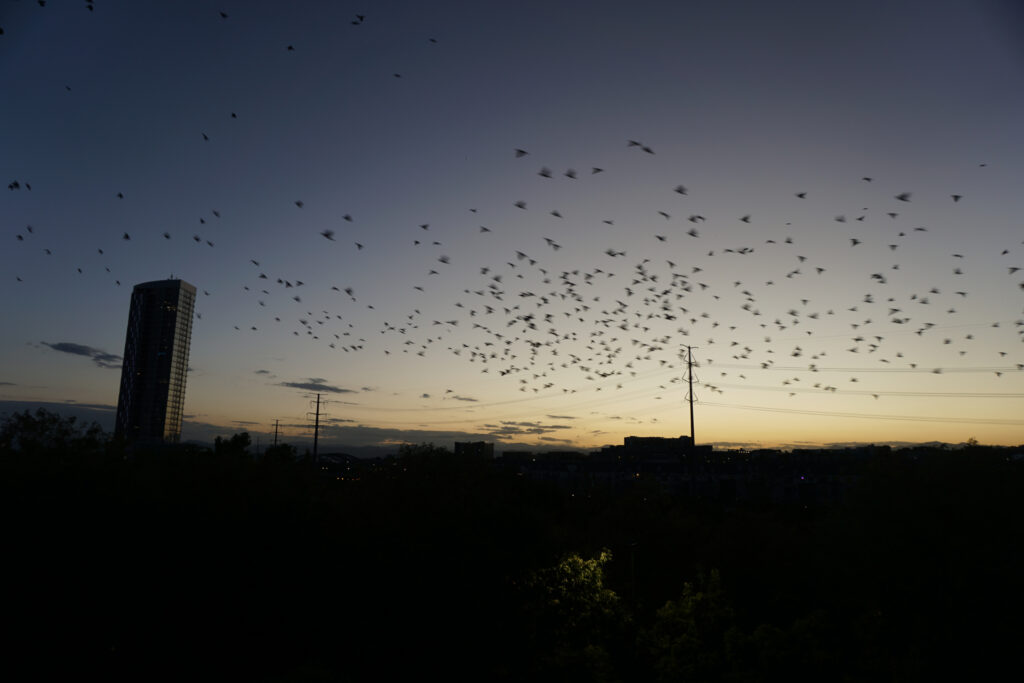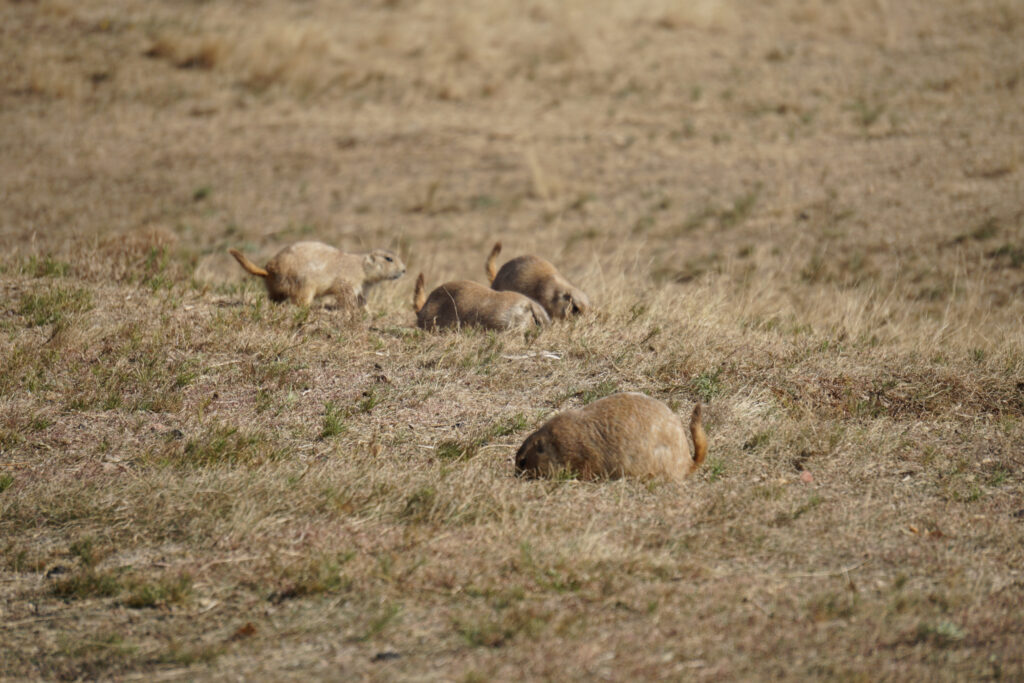

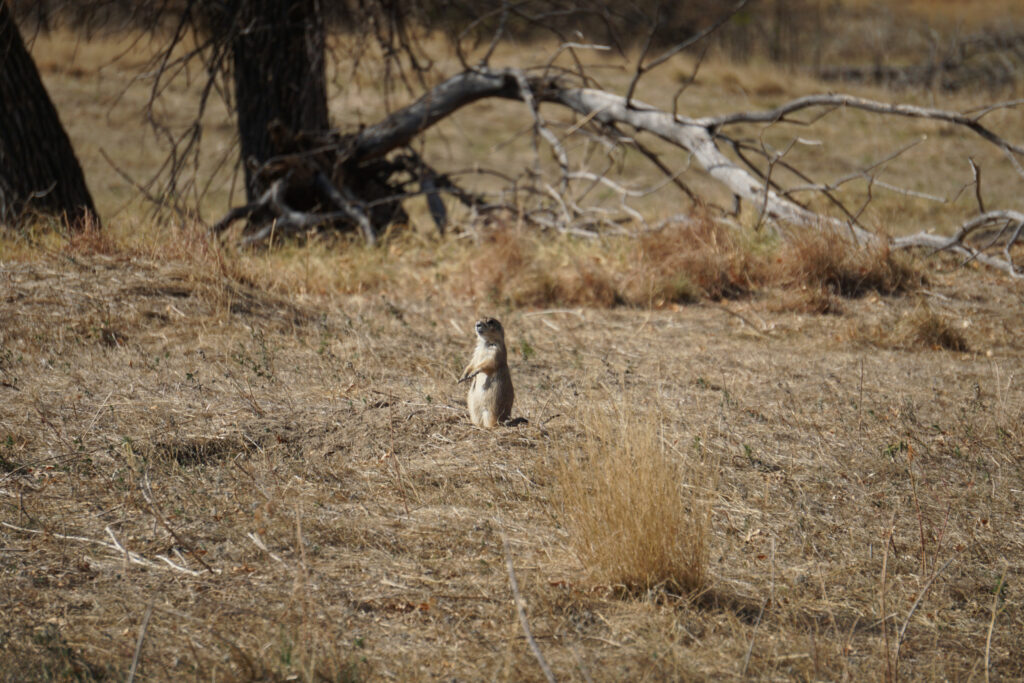
Acts 10:33 (ESV)—"So I sent for you at once, and you have been kind enough to come. Now therefore we are all here in the presence of God to hear all that you have been commanded by the Lord.”
They stand on mounds of dirt, stick their heads out of burrows, and generally scamper about the grassy field known as Prairie Dog Town. I lift my camera and aim the lens at the prairie dog peeking out of its burrow. Another sits yards away, chewing on the grass. Still another sits upright, head moving side to side as if in search of danger.
Without this keystone creature, the ecosystem at Devils Tower National Monument and nearby Badlands National Park could collapse. The black-footed ferret could starve without its meal of prairie dog, burrowing owls couldn’t claim abandoned prairie dog burrows for homes, and the grass would grow tall and prevent other plants from sprouting.
Likewise, without the keystone of community, the wheels of Christianity could stop turning. Without gatherings, there is no listening, no sharing. Without the exchange of information, truth remains hidden in the shadows.
For Simon Peter, an invitation to share the gospel turned into a learning experience when the truth came out of the shadows. He recognized salvation was not only for Jews but also for Gentiles—for everyone!
For sure, gathering in Christ’s name causes the wheels of Christianity to move. Community creates a space of listening and learning, of sharing and hearing—a place where God reveals truth.
